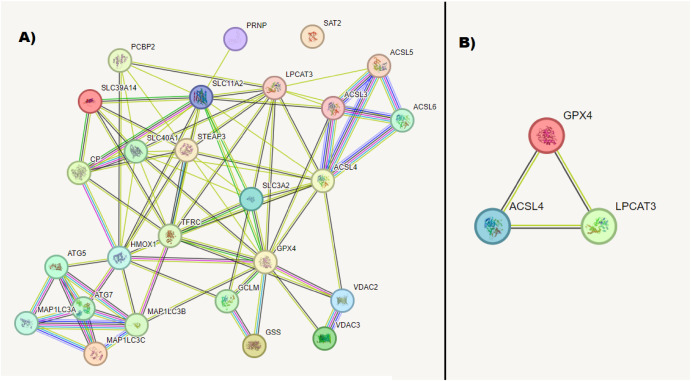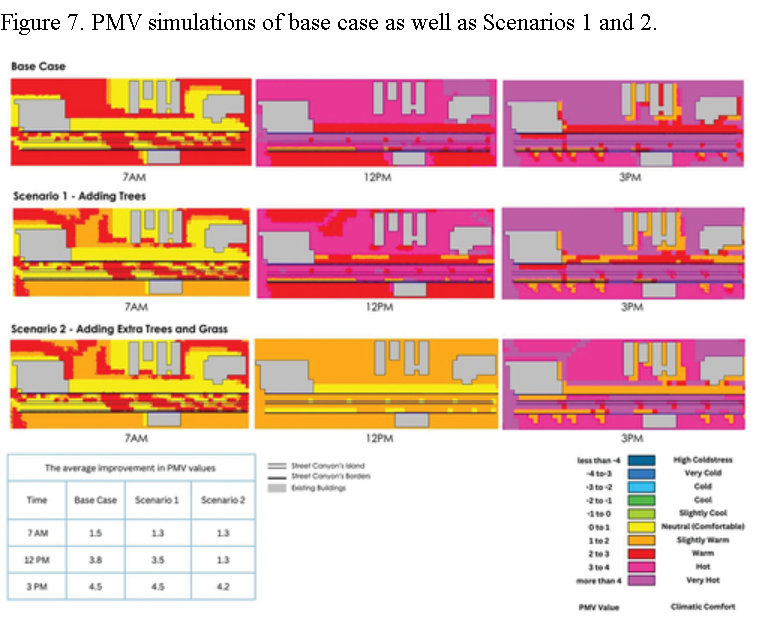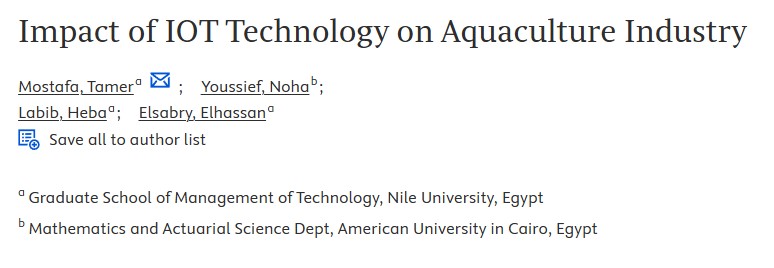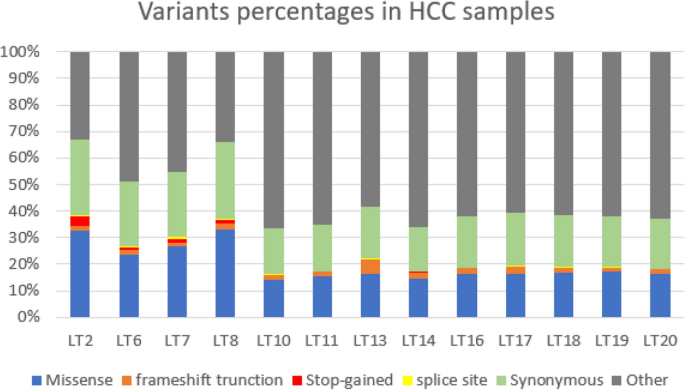
On the coexistence of a primary user with an energy harvesting secondary user: A case of cognitive cooperation
In this paper, we consider a cognitive scenario where an energy harvesting secondary user shares the spectrum with a primary user. The secondary source helps the primary source in delivering its undelivered packets during periods of silence of the primary source. The primary source has a queue for storing its data packets, whereas the secondary source has two data queues: a queue for storing its own packets and the other for storing the fraction of the undelivered primary packets accepted for relaying. The secondary source is assumed to be a battery-based node, which harvests energy packets from the environment. In addition to its data queues, the secondary user has an energy queue to store the harvested energy packets. The secondary energy packets are used for primary packets decoding and data packets transmission. More specifically, if the secondary energy queue is empty, the secondary source can neither help the primary source nor transmit a packet from the data queues. The energy queue is modeled as a discrete-time queue with Markov arrival and service processes. Because of the interaction of the queues, we provide inner and outer bounds on the stability region of the proposed system. We investigate the impact of the energy arrival rate on the stability region. Numerical results show the significant gain of cooperation. © 2014 John Wiley & Sons, Ltd.



